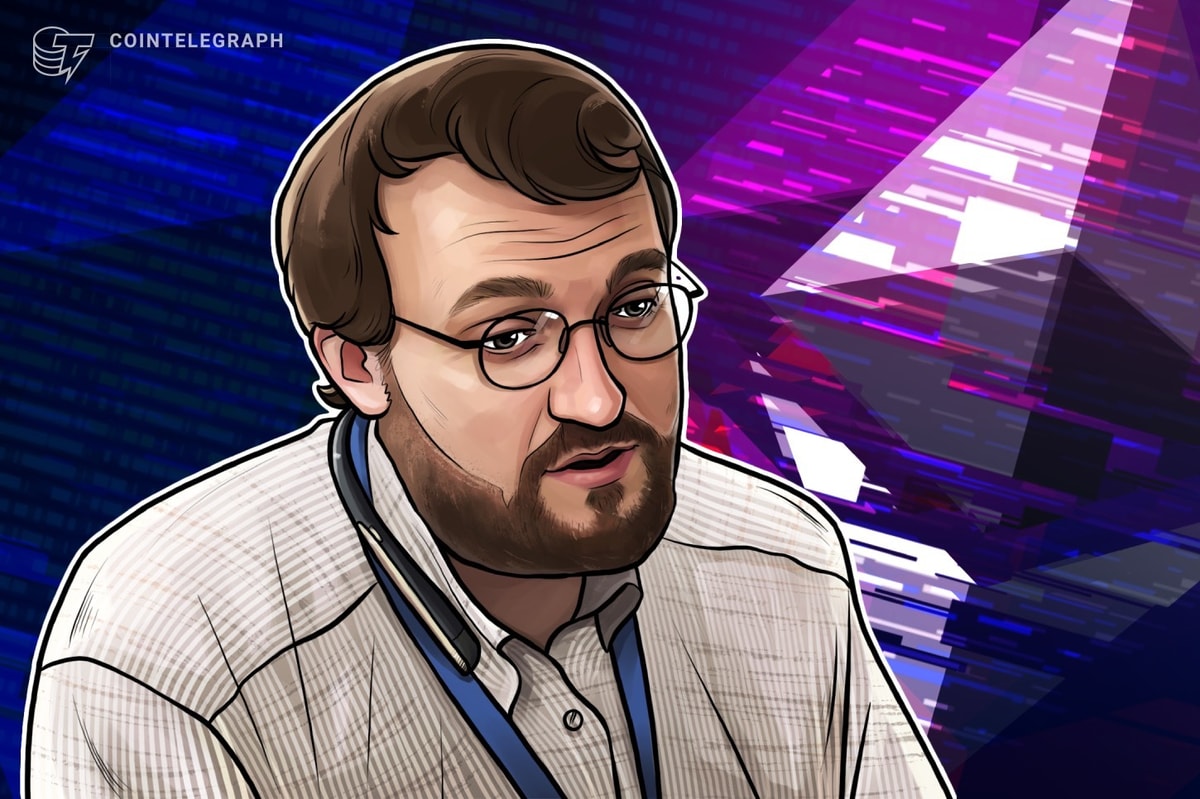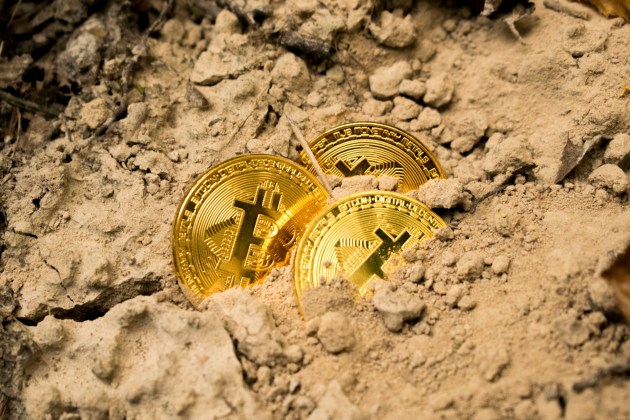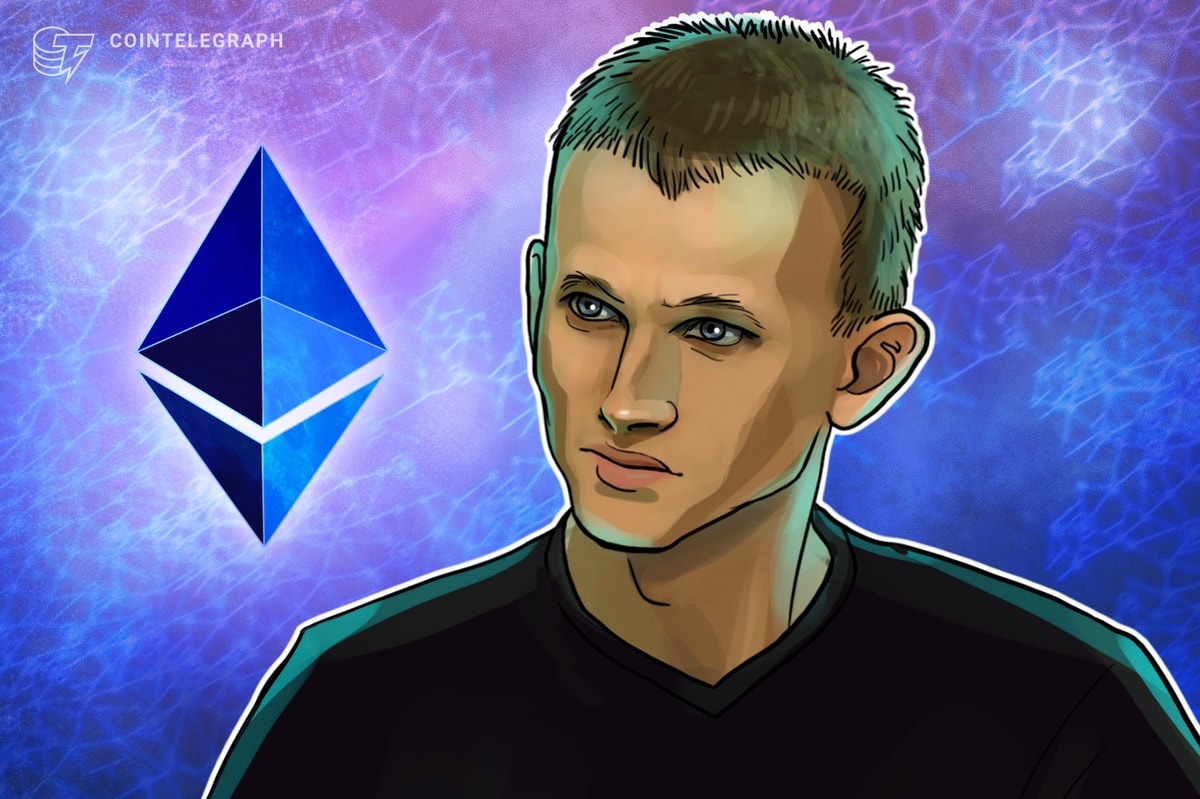Cardano’s Voltaire-era governance overhaul prevents it from becoming a “dictatorship” like Ethereum and sidesteps the “anarchy” of Bitcoin, its founder Charles Hoskinson said.
Speaking to Cointelegraph at Token2049 in Singapore, Hoskinson attacked Ethereum’s governance model, claiming it relies too heavily on its co-founder Vitalik Buterin for direction.
Hoskinson said that blockchains can elect to keep the protocol forever simple, like Bitcoin, or “pick a king” to run things. However, Cardano’s new governance model solves the “governance trilemma” of “efficiency, effectiveness and integrity” by using delegated representatives and a members-based organization called Intersect to distill complex governance topics down for a vote.
“If you have those three things, then you have a fair shot of avoiding the anarchy of Bitcoin or the dictatorship of Ethereum, and you actually have something that can move forward with one voice, but it’s still decentralized at the end of the day because it represents everybody.”
Pressed to explain his controversial remark comparing Ethereum to a dictatorship, Hoskinson stated that Ethereum’s “entire vision” starts and ends with the 30-year-old Buterin.
Hoskinson at Token2049 in Singapore. Source: Cointelegraph
“Everybody looks to him for the roadmap. Everybody looks to him for inspiration, and he’s also the only person who has enough power to rally people,” he said. “If you were to remove him from the equation right now, what’s the next hard fork going to look like, and how quickly can they actually get there?” he asked.
Hoskinson said Buterin was primarily responsible for altering the Ethereum roadmap away from sharding-based optimization of the base chain and toward rollups and layer-2 networks for scalability.
In recent months, the Ethereum roadmap has been heavily criticized for empowering “extractive L2s” as fee revenue and activity on the L1 dropped.
“Where does this idea of embracing layer 2s or rollups come from? Was it some random Ethereum engineer — or was it Vitalik Buterin writing a blog post about it, talking about it, and advocating for it?”
Although Hoskinson believes Ethereum is heavily influenced by Buterin’s vision, Buterin does not wield unilateral power in the decentralized network.
The blockchain uses a mix of offchain and onchain governance, including the Ethereum Foundation and community and stakeholder input into Ethereum Improvement Protocols, with critical decisions taken at core developer meetings. Contentious decisions can result in a hard fork, as happened with The DAO hack rollback that resulted in Ethereum Classic.
Hoskinson was one of eight original co-founders of Ethereum and CEO of the Ethereum Foundation, but his for-profit vision for the protocol clashed with Buterin’s and the young creator fired him from the project at a meeting in Switzerland in 2014.
While Hoskinson conceded that he had played a broadly similar role in shaping Cardano since 201, he said the network’s new governance model is designed to ensure that “Charles, alive or dead, doesn’t matter. There’s still going to be innovation on a daily basis.”
Related: Vitalik Buterin sings at Token2049, highlights low L2 fees as ETH milestone
Cardano’s Chang hard fork in early September turned its Cardano (ADA) asset into a governance token, enabling holders to elect representatives and vote on development proposals and on funding for community projects. The founding entities that have guided the project so far — the Cardano Foundation, Input Output Global and Emurgo — can no longer trigger forks and upgrades.
Hoskinson said the interplay between the members-based organization of researchers and engineers — dubbed Intersect — and the delegate representatives is a much more “collaborative model” that functions with or without an active founder.
“They can talk to each other, vote, and come up with and use a blockchain-based government to ratify a roadmap on a regular basis,” said Hoskinson.
Cardano is still working on finalizing a constitution that will likely set hard limits on some core issues, such as supply and how governance works.
Magazine: Proposed change could save Ethereum from L2 ‘roadmap to hell’











